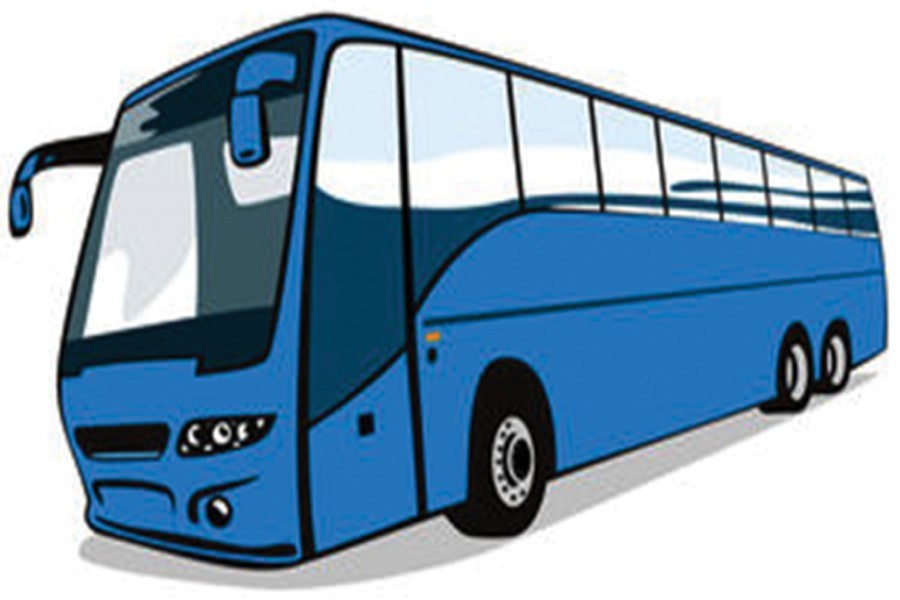
Published :
Updated :

Trial of circular bus service in Dhaka has failed. After operation for around four months in 2019, the authorities stalled the service. There was also no visible initiative to review the lessons from the trial run. Instead of providing frequent and easily accessible buses for the daily commuters, plying a few air-conditioned single-door high-floored buses failed to attract commuters. Moreover, there was a lack of clear understanding of the concept of circular or semi-circular bus service.
Now, according to media reports, the government has decided to introduce a franchised bus route on a pilot basis from the early next year. It is a company-managed city bus service system where five companies of fifty owners of buses and minibuses are likely to be brought under a single company to operate the service on the proposed routes.
The idea of franchising the bus-based public transport service is not a new one. It has been on the table for a decade. At least two studies have also been conducted to examine the pros and cons of the system. Even the High Court ordered last year introduction of a franchise system for all the metropolitan cities of the country including Dhaka. Nevertheless, there is very little progress in this connection for several reasons.
Franchising bus routes requires rationalisation of the existing bus routes. Earlier, there was an ambitious move to bring down the number of current bus routes to below 20 from the current 291 routes. Now it has decided to make it 45, which seems more realistic.
Bus owners, however, are yet to extend enough cooperation for the proposed new system. Without cooperation from them, it is impossible to introduce the company-managed bus service. Though on several occasions, leaders of the bus owners association have expressed their willingness to cooperate, the reality is different.
It is well known to all that some powerful gangs having strong political backup control the bus operation in Dhaka and also in the rest of the country. The gangs extract a good amount of toll money daily from the bus service. The police and political cadres are two big beneficiaries of the illegally extorted tolls. Thus, unfit and ramshackle buses and minibuses can ply on roads without any opposition. Again, several illegal and criminal activities like drug abuse are prevalent in different bus terminals. Bus drivers and helpers are largely drug-addicted and have no minimum decent working conditions. All these have turned the essential bus service indecent, undisciplined and chaotic.
A move to introduce a bus-route franchising system will help crack the undue control of the powerful gangs, and they will also try to resist it. They have so far successfully blocked any positive move to bring the sector under a well-managed and disciplined system.
So it is an enormous challenge for the authorities to overcome the resistance of the gangs and make the proposed trial run of buses under a franchised system a success. It requires strong support from the law enforcement agencies and proper coordination among the relevant bodies. The failure of a trial run of circular bus service also needs to be taken into consideration.


 For all latest news, follow The Financial Express Google News channel.
For all latest news, follow The Financial Express Google News channel.